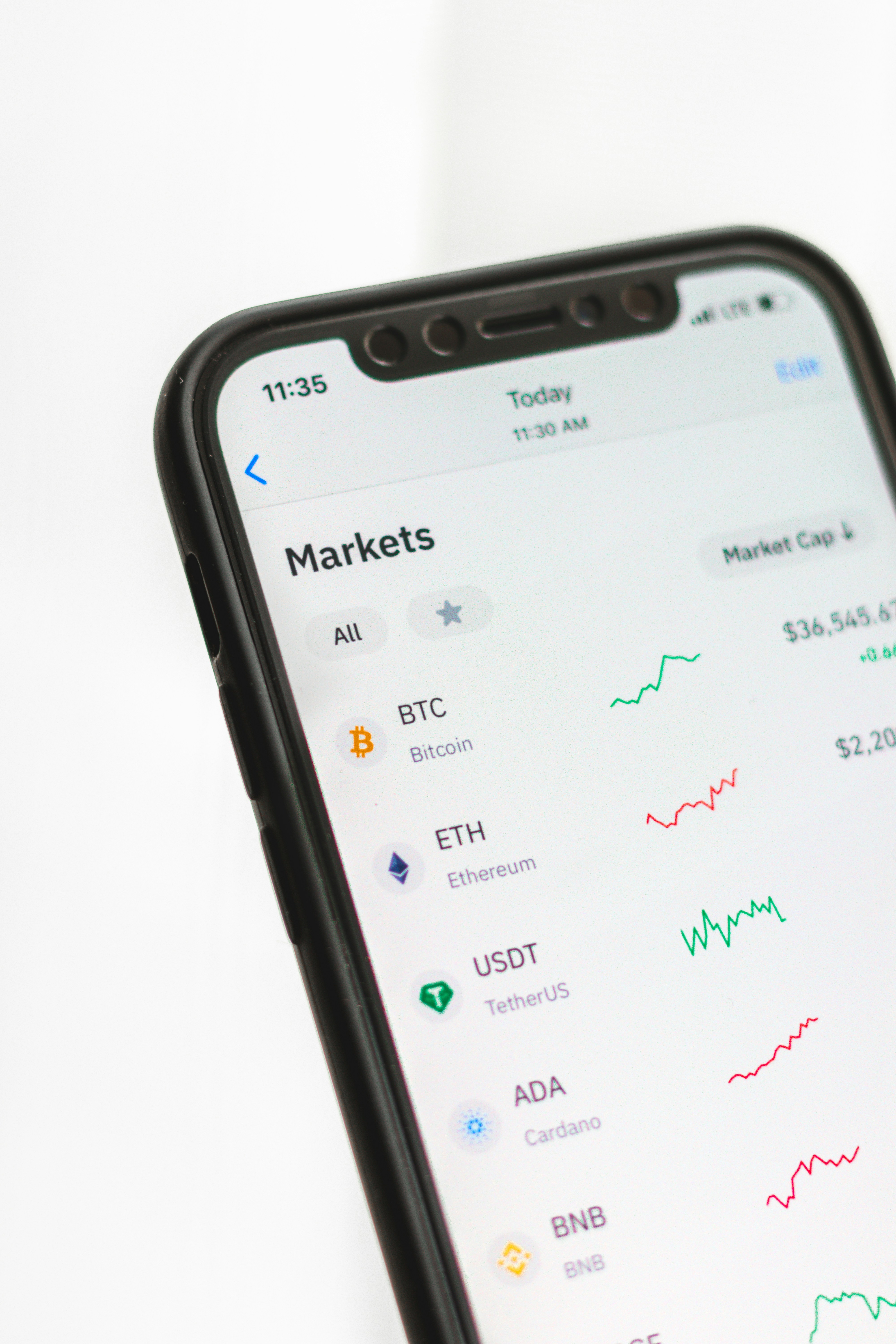Looking for ethical and Sharia-compliant ways to grow your wealth? Halal investing offers a path to financial growth while adhering to Islamic principles. Whether you’re a beginner or an experienced investor, these top halal investment opportunities can help you achieve your financial goals without compromising your faith.
📚 Table of Contents
- ✅ Sukuk (Islamic Bonds)
- ✅ Halal Stocks & ETFs
- ✅ Halal Real Estate
- ✅ Gold & Silver Investments
- ✅ Islamic Mutual Funds
- ✅ Sharia-Compliant Cryptocurrency
- ✅ Agriculture & Commodity Trading
- ✅ Halal Startups & Venture Capital
- ✅ Islamic Peer-to-Peer Lending
- ✅ Halal Retirement Funds
- ✅ Takaful (Islamic Insurance)
- ✅ Halal Business Ownership
- ✅ Conclusion
Sukuk (Islamic Bonds)
Sukuk, often referred to as Islamic bonds, are a popular halal investment option. Unlike conventional bonds that pay interest, sukuk represent ownership in tangible assets, ensuring compliance with Sharia law. Governments and corporations issue sukuk to fund projects while sharing profits with investors.
Halal Stocks & ETFs
Investing in halal stocks and ETFs involves selecting companies that operate within Islamic guidelines. These businesses avoid industries like alcohol, gambling, and interest-based banking. Many platforms now offer screened halal stock portfolios and Sharia-compliant ETFs for easy diversification.
Halal Real Estate
Real estate remains one of the most stable halal investment options. Islamic property investments avoid interest-based mortgages and focus on rental income or profit-sharing models. REITs (Real Estate Investment Trusts) that comply with Sharia principles are also gaining popularity.
Gold & Silver Investments
Precious metals like gold and silver have always been permissible investments in Islam. These tangible assets provide a hedge against inflation and currency fluctuations. Investors can buy physical metals or invest through Sharia-compliant gold savings accounts.
Islamic Mutual Funds
Islamic mutual funds pool money from multiple investors to create diversified portfolios that adhere to Sharia principles. These funds undergo rigorous screening to exclude non-halal businesses and ensure profit-sharing rather than interest-based returns.
Sharia-Compliant Cryptocurrency
While cryptocurrency remains controversial, some Islamic scholars approve certain digital currencies that function as commodities rather than speculative assets. Projects developing blockchain solutions for Islamic finance are emerging as potential halal crypto investments.
Agriculture & Commodity Trading
Investing in agriculture and halal commodities follows the Islamic tradition of trade. This can include farmland investments, halal food production, or trading permissible commodities like dates, olive oil, and other natural products.
Halal Startups & Venture Capital
Supporting halal startups through venture capital or angel investing allows Muslims to participate in innovative businesses while maintaining ethical standards. Many platforms now connect investors with Sharia-compliant startups in various industries.
Islamic Peer-to-Peer Lending
Islamic P2P platforms facilitate halal financing without interest. These platforms connect investors with borrowers through profit-sharing agreements or asset-based financing models, providing returns while helping the community.
Halal Retirement Funds
Several financial institutions now offer Sharia-compliant retirement plans. These funds invest in permissible assets and use Islamic finance structures to help Muslims save for retirement without compromising their beliefs.
Takaful (Islamic Insurance)
Takaful represents the Islamic alternative to conventional insurance. Participants contribute to a shared pool that provides mutual protection, with any surplus returned to members. Investing in takaful companies can be both profitable and socially responsible.
Halal Business Ownership
Direct ownership in halal businesses remains one of the purest forms of Islamic investment. This could involve starting your own company or purchasing shares in existing Sharia-compliant enterprises.
Conclusion
Halal investing offers numerous opportunities for Muslims to grow their wealth while staying true to Islamic principles. From traditional options like real estate and gold to modern solutions like halal ETFs and Islamic fintech, there’s a Sharia-compliant investment strategy for every financial goal. By carefully selecting halal investment vehicles, you can build a diversified portfolio that aligns with both your financial objectives and religious values.


Leave a Reply